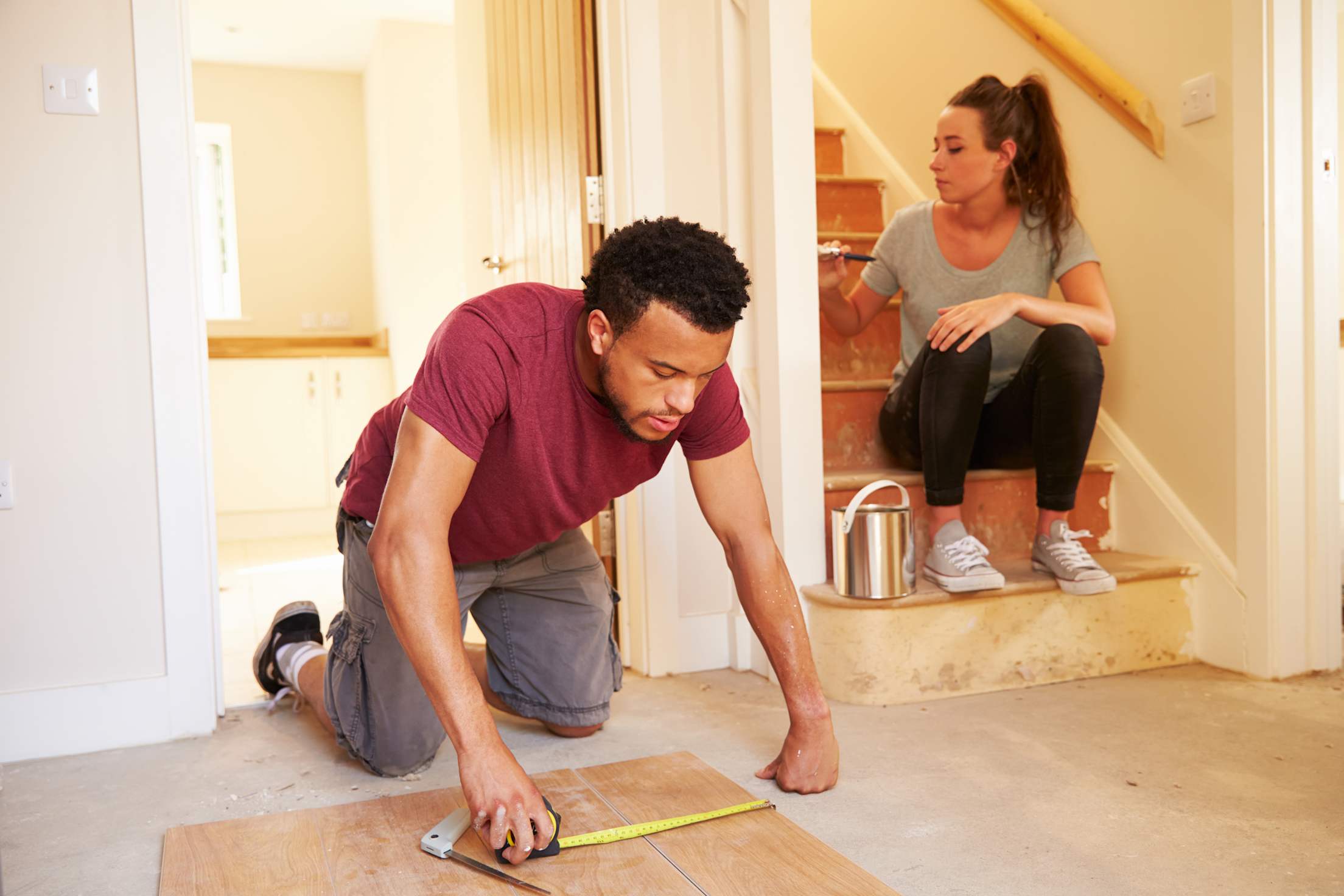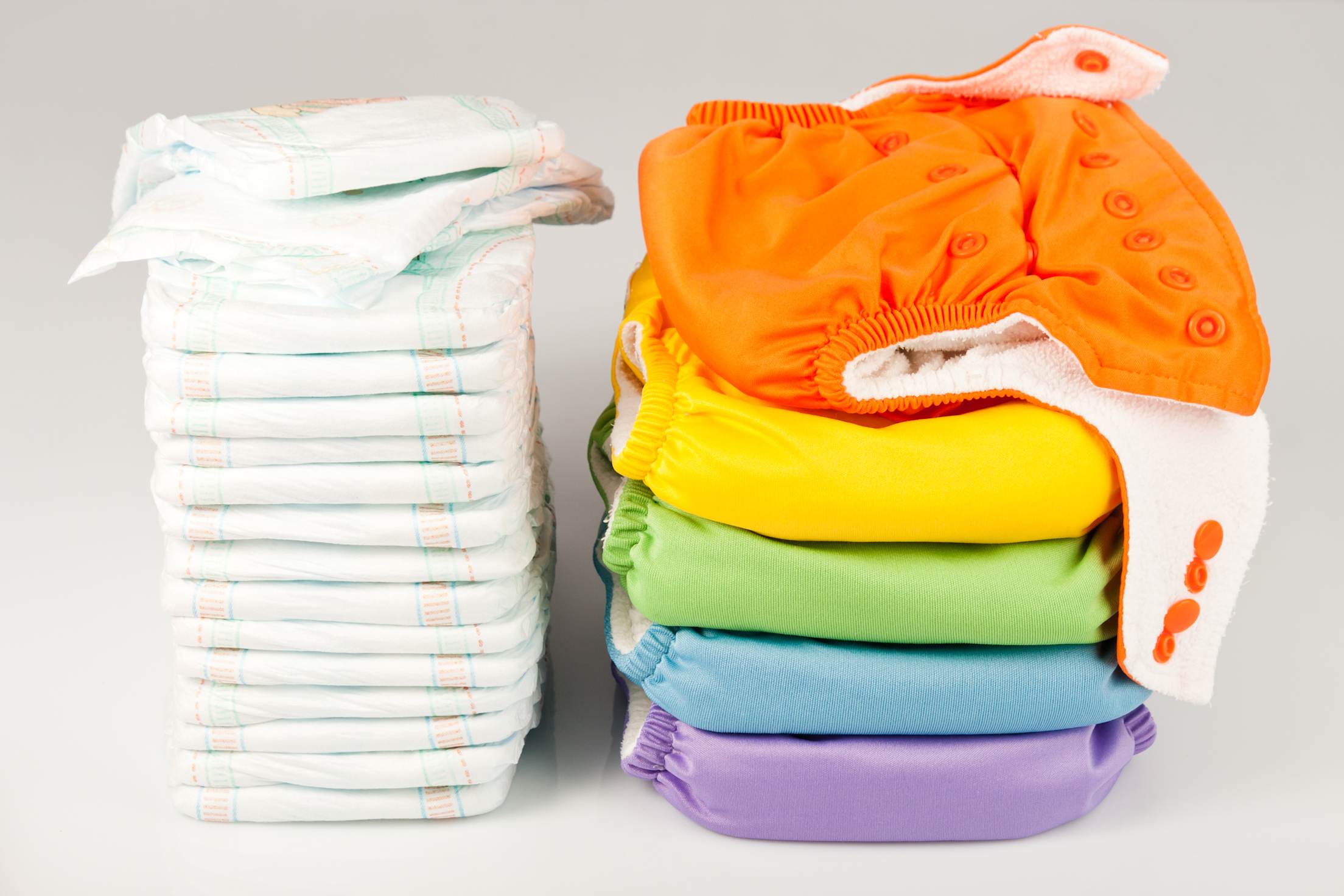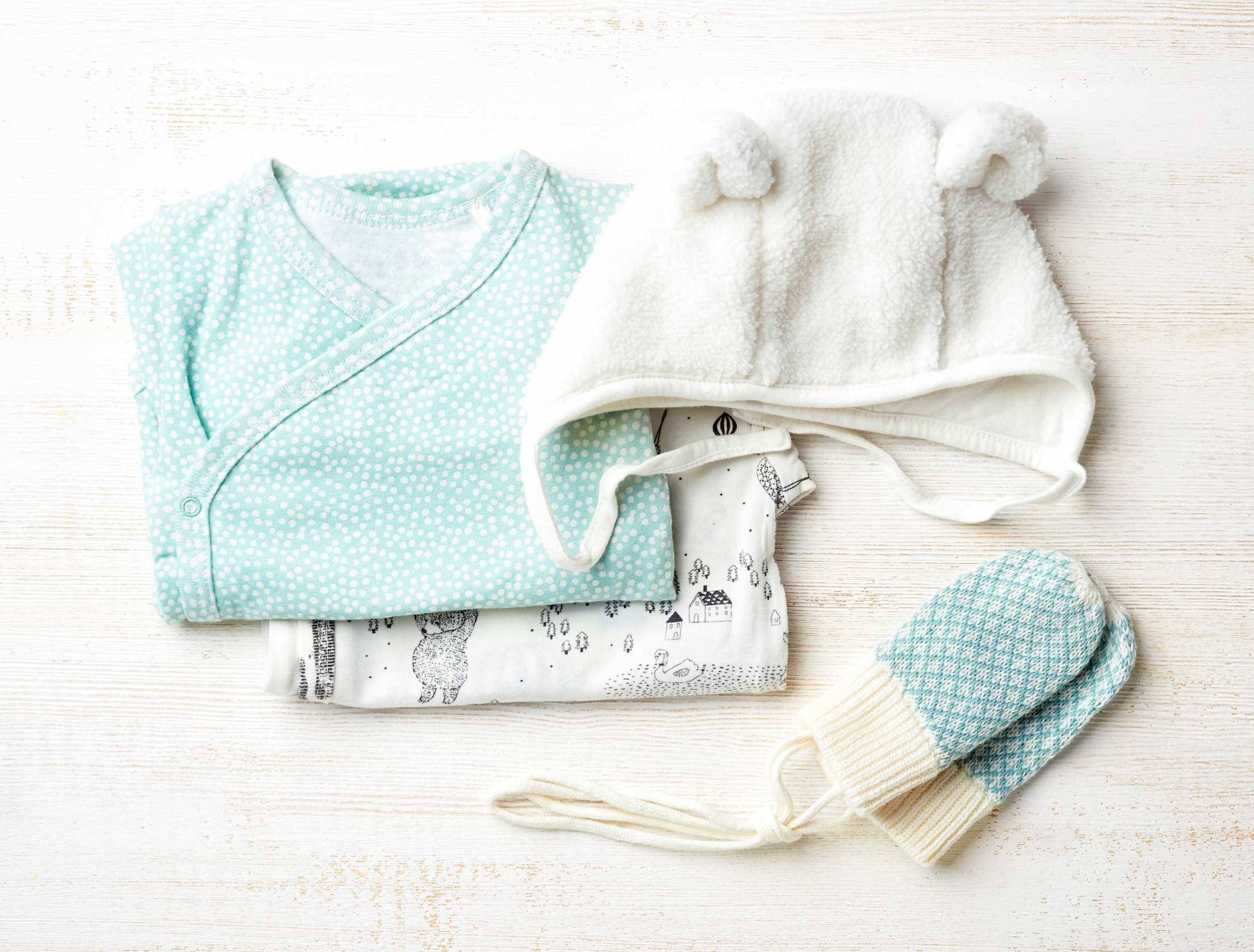
18 Things to Do Before Baby Is Born
Practical prep essentials to get your house and life in order before you welcome a new baby.

Welcoming your first child is one of the most exciting times in your life. It can also be one of the most overwhelming. That’s why pre-arrival prep is key to setting the stage for your new normal. Not sure where to begin? This list of practical tasks will help get your house and life in order before you bring your baby home.
Choose and install a car seat.
Ninety percent of car seats for newborns are installed incorrectly, says Angela Knudson, Community Impact Program Specialist for AAA Northern California, Nevada & Utah. Fortunately, AAA offers free car seat installation inspections to Members and non-Members. Knudson recommends making an appointment at least six to eight weeks in advance. And once the car seat is installed, she advises parents to “set it and forget it,” so that it’s secure for baby’s first car ride home. (As your little one grows, you’ll need to make adjustments to the seat following manufacturer recommendations.)
Plan a baby-inclusive budget.
“Babies aren’t cheap!” says Natalie Gordon, who founded the mother of all registries, Babylist.com. “You’ll want to take into account all the things they’ll need in their first year as you start your new family budget. Important things to factor in: diapers, childcare, new gear as your baby grows, and bigger clothes.” Another tip from Gordon: “Hand-me-downs are budget-friendly and eco-conscious.”
Think childcare—but be flexible.
Daycare center waitlists are notoriously long. One San Francisco mom signed up on four waitlists at 13 weeks pregnant and was notified by one of the providers about an opening—four years later. Even if you haven’t landed on your post-parental–leave plans, start researching options as soon as possible, be they at-home care with relatives, nanny shares, or daycare centers.
Understand how you're covered.
Health insurance plans must cover maternity care and childbirth, per the 2010 Affordable Care Act. That said, the details of your plan—from breast pump coverage to the price tag of the delivery—are best laid out by your provider. Knowing those numbers early in the game is integral to budgeting and will prevent hospital bill sticker shock. Likewise, it's best to get a head start on planning your family leave to understand how much time you have to take and how you can expect to be compensated. Reach out to your HR department now to get the ball rolling.

Spoiler alert: Home improvement projects are no fun with a newborn.
Finish any home improvements.
Hanging decorations on nursery walls is one thing; hanging nursery drywall is another. Now’s the time to wrap up any home improvement projects, be they DIY in nature or require a contractor.
Set up life insurance.
“Life insurance is a big part of financial planning for the future of a young family,” says AAA Insurance Agent Abe Hazbun. When exploring life insurance options for parents-to-be, Hazbun focuses on policies that match his clients’ current financial needs and goals, while also keeping an eye toward the future. Simply put: choosing life insurance is complicated, which is why having a AAA insurance agent guide you through the process is so important. “There are a lot of details,” says Hazbun. “I typically spend about an hour with a client. I need to dig into his or her life.” His advice to prospective clients: “Ask questions. Lots of them.”
Talk about the division of labor—before labor.
Defining roles and responsibilities with your partner before baby arrives are essential steps for managing expectations and, in turn, stress. Tasks to divvy can include everything from diaper duty and dog walking (don’t forget that a lot has changed for Fido too!) to laundry and late-night feedings. Just remember that babies think plans are hilarious—so prepare to tweak your carefully plotted division of tasks.

Decide on your preferred type of diaper before it's time to change the first one.
Make a diaper decision.
Whether you go cloth, disposable, compostable, or a combination, have your diapering system ready to go at least a couple of weeks before the due date. May Lee, with Tiny Tots Diaper Service in the San Francisco Bay Area, also suggests that expecting parents add the service of their choice to their registry. As for diapering musts, May, who has worked at Tiny Tots for nearly 30 years, shares this advice: “I always recommend reusable cloth wipes—for baths, for wiping hands, it’s just more handy.”
Choose a pediatrician.
Your best resource for pediatrician recommendations? Parents you know and trust, says the American Academy of Pediatrics. Once you have a list of names, here are some considerations: Are these pediatricians part of your insurance plan? Is their office convenient to get to? How do they and their staff make you feel when you first meet them? Find more key questions to ask prospective pediatricians at HealthyChildren.org.
Get the baby-proofing party started.
It will be a while before your little one is on the move, but when it happens, it happens fast. Get ahead of the toddler game by taking care of tasks like covering outlets, locking cabinets, and securing cords and furniture, so your suddenly crawling baby doesn’t take you by surprise.
Pick your birth announcements.
You’ll want to share your exciting news with friends and family, but scrolling through birth announcement options while sleep deprived could lead to some, well, interesting choices. Take the time now to choose an announcement, and then get a head start on addressing and stamping envelopes. When baby arrives, pop in the perfect photo, seal it up, and you’re done.
Stock your postpartum toolkit.
From postpartum doulas to breastfeeding support groups, there is a wealth of services aimed at helping new moms who have recently given birth. Finding these services while in the throes of caring for a newborn is a challenge, so consider creating a resource list in the weeks leading up to your baby’s arrival. Unsure where to begin? Reach out to your healthcare provider and parents you know.
Find new ways to meet parents.
The Island of Newborn can feel lonely, which is why making friends with other parents-to-be is so important. But how? “One of the best places to meet new parent friends is in a class or an activity with other new parents,” says Whitney Moss, creator of 510families.com, a guide to family fun in the San Francisco Bay Area, and author of Stuff Every Mom Should Know. “My husband and I went into our childbirth prep class to find one couple we wanted to be friends with.” Mission accomplished. “We’re still exchanging Christmas cards—and we have 15-year-old boys,” she says.
Assemble, then test.
After you unpack and set up your baby’s gear—be it a simple sling for carrying around your little one or a high-tech AAA Smart Home Security thermostat for keeping the nursery at the right temperature—practice using it. “Car seats, strollers, diaper pails, all of these can be complicated and time-consuming to learn,” says Moss. Getting acquainted with these tools now can help you avoid wrestling with a stroller that just won’t collapse as your newborn grows fussier by the second.

An easy-to-accomplish baby prep task? Washing all those cute little onesies.
Wash and store baby clothes.
Tackle a literal laundry list by giving all those adorable baby clothes you’ve received a wash. A baby’s skin is sensitive stuff, so the American Academy of Pediatrics recommends washing all clothes before dressing your child in them. As for what kind of detergent to use, the academy says milder detergents are only necessary if your baby develops signs of skin irritation.
Get cookin’.
“When you bring your new baby home, you’re going to need to eat, but you’re probably not going to have the time or energy to do a lot of cooking,” says Gordon, who suggests channeling that pre-baby nesting energy into making easy-to-freeze meals like lasagna, stews, and soups. “Or better yet,” she says, “add home-cooked meals to your baby registry as a shower gift.”
Do a deep clean.
The urge to nest is real. However, scrubbing on hands and knees is not a chore for pregnant moms. Ask your partner, family members, or friends to chip in. Or if you can afford it, hire someone to get your home in tip-top shape for your tiny tot.
Rest!
“Sleep when the baby sleeps,” they say. It makes you wonder if “they” ever had a newborn. In the early days of parenthood, taking a nap is as elusive of an activity as taking a shower. That’s why self-care and rest before baby arrives is a good bet for preparing for the life-changing experience on the horizon.